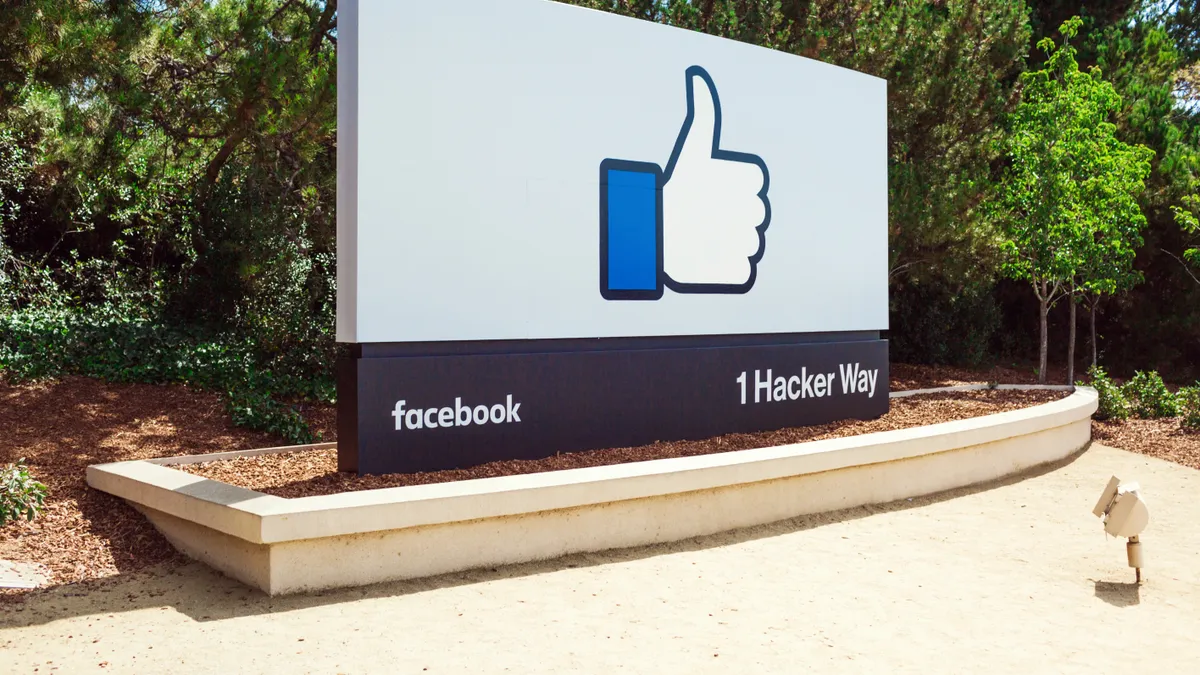Dive Brief:
- Facebook's answer to the massive skills shortage is an expanded educational program aimed at training 1 million U.S. workers and small business owners by 2020, the company said in an email to HR Dive. Facebook said it's committed to closing a gap that could leave 85.2 million jobs unfilled by 2030 by providing educational resources and forming new partnerships.
- According to a three-point strategy outlined by the company, it will: expand its in-person digital training program, "Facebook Community Boost," to 50 U.S. cities by the end of 2018; create more local partnerships with 20 additional community colleges, adding Boston to its list of 40 partnership locations; and offer free e-learning resources as well as digital-skills training via "Learn With Facebook."
- Facebook said it has invested $1 billion to help individuals grow businesses or find jobs since 2011. It also claimed that 1 million small businesses have used its free learning hub, Blueprint, which it launched in 2015.
Dive Insight:
Frustrated over labor shortages for skilled workers, companies are tapping into their own resources, in some cases linking with tech companies, educational institutions or other partners to train and develop talent. Facebook's announcement, though seemingly massive, is not the first instance of employers working with others to design and develop widely-open training programs.
Industry and academia have not always seen eye to eye with respect to developing skilled workers; a 2014 Gallup study said that nearly all college heads (96%) felt they were at least "somewhat effectively" preparing students for work, but about a third of business leaders disagreed. A tight labor market may encourage greater collaboration between the two, however, and employers will need to be proactive about preparing the workforce for jobs and the digital disruption that's likely to change the way work gets done.
Traditional job training clearly won't solve the skills shortage or changing job requirements. HR professionals will need to take the lead and consider partnerships with those who do have the expertise needed to help get people ready for the future of work.











